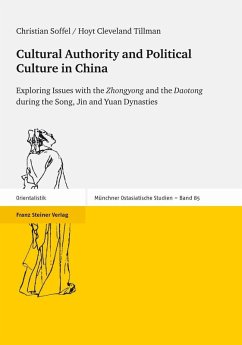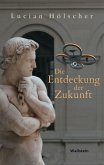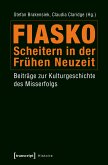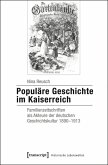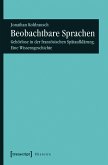How have political conflicts impacted philosophical concepts and the rise of particular intellectual lineages in China? This question is part of a contested issue – the relative strength of state power and intellectuals' cultural authority. A nuanced fathoming of Confucian intellectual currents in Zhu Xi's wake reveals that his ideas were not as rapidly or universally accepted in the thirteenth century as they have retrospectively been portrayed. By exploring views of the Zhongyong and the succession and transmission of the Way (daotong), the authors demonstrate the complexity of the relationship between cultural authority and political culture. Their study highlights the independence of Wang Bo and Hao Jing on such issues.
